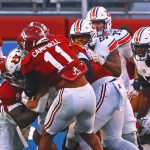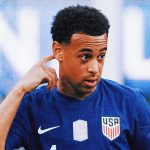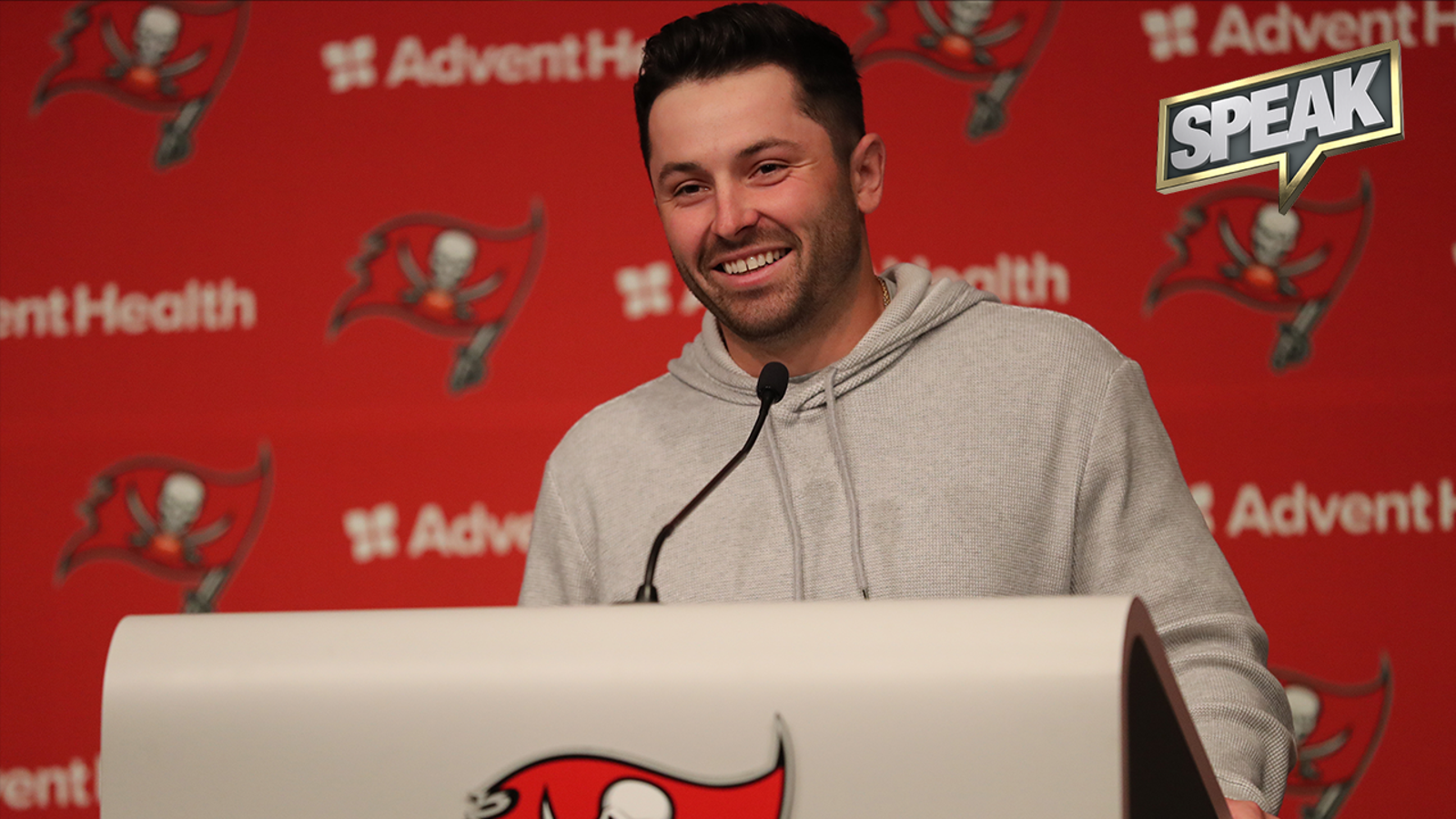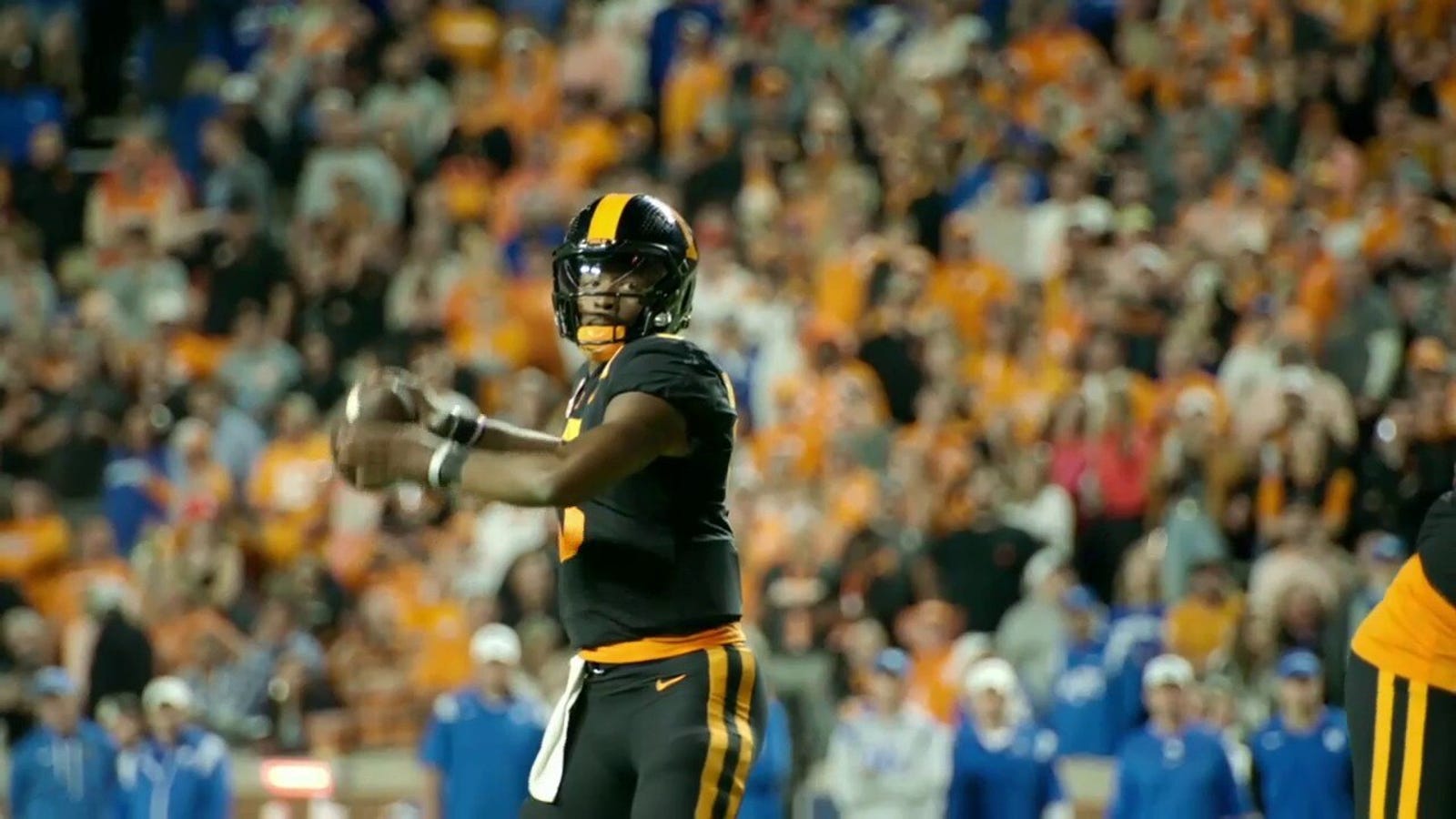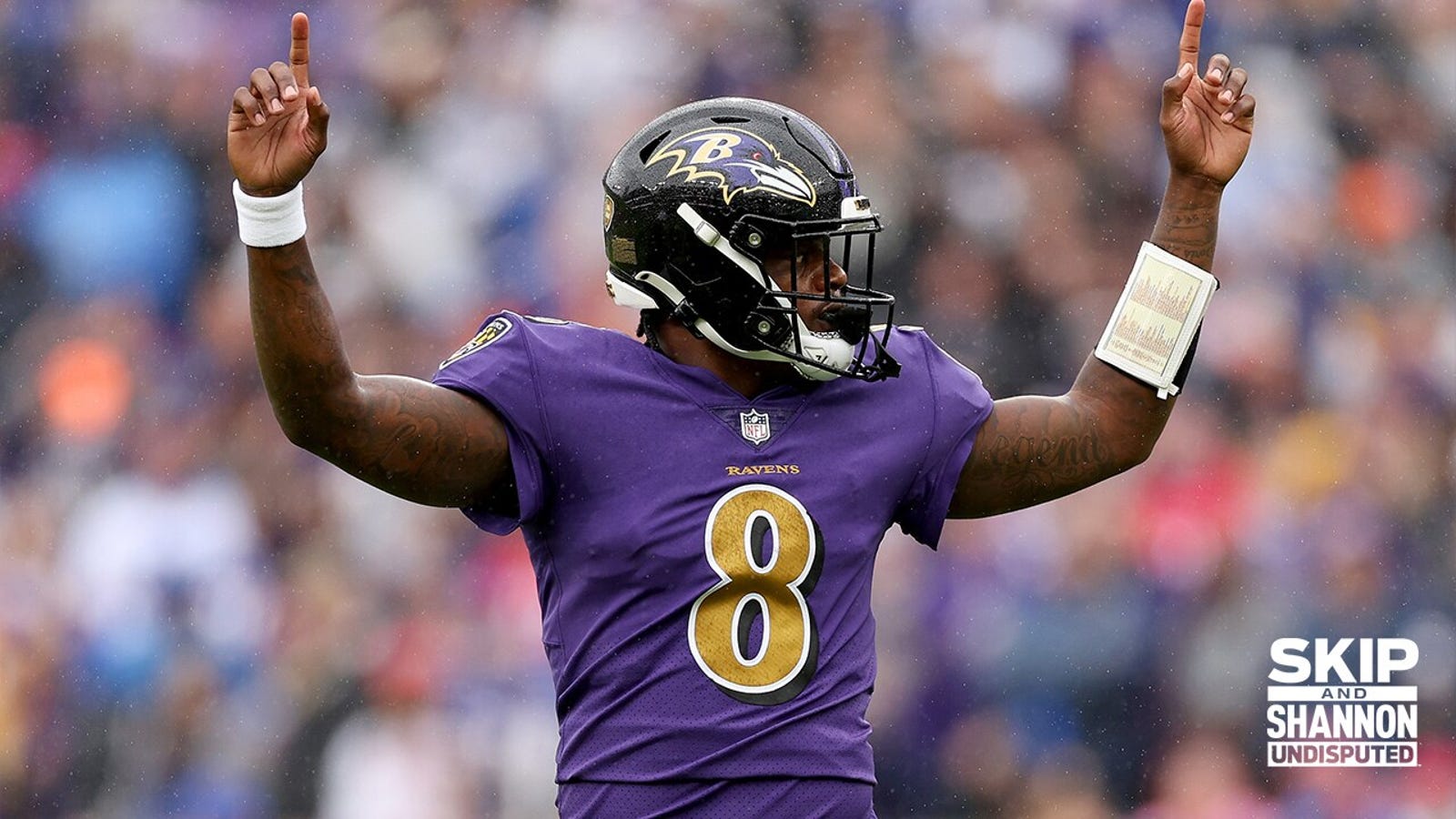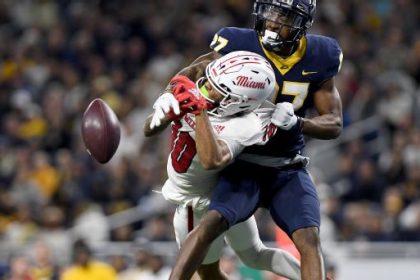Zig while others zag. That’s often how you find value in markets.
Ever since the NFL introduced the rookie wage scale, we knew drafting a talented quarterback would provide roster flexibility and upside while he is on a cheap, rookie deal. That idea has been pushed harder and harder of late. And we’re seeing record numbers of quarterbacks drafted in the first round as a result. But is it working? Do the results support the theory?
There have been 38 quarterbacks drafted in the first round since 2011, the year the NFL changed the collective bargaining agreement to set a wage scale for rookie deals, making it extremely affordable to draft a quarterback.
These 38 first round quarterbacks have made a total of 1,909 starts. Their record? 1034-1035-7
Almost exactly break-even.
Only one of those 38 quarterbacks led their team to a Super Bowl victory: Patrick Mahomes.
(Carson Wentz might have been on his way but for injury.)
ADVERTISEMENT
Of these 38 quarterbacks, 10 are still on their rookie deal, so set them aside. Of the other 28, only 11 (39%) were even given a second deal with the team that drafted them.
Most were cut or saw their rookie deals expire.
We’re not even discussing success, reaching the playoffs or the ultimate goal of winning a Super Bowl while your first round quarterback is on his rookie deal.
We’re just wondering if the team even wanted the quarterback beyond his first deal. And for the vast majority, the answer is no.
Of the 11 quarterbacks who were re-signed by the team that drafted them, only one thus far was re-signed a second time (Cam Newton).
The rest were traded away or cut, with four players TBD as they are still in their first deal after signing (Mahomes, Josh Allen, Daniel Jones, Kyler Murray).
Of the 28 quarterbacks no longer on their rookie deal, the average duration they were the primary starter for the team that drafted them was 3.4 years.
That’s it.
All that draft capital was spent to get 3.4 years on average, of what most typically was poor performance.
Together, these 38 quarterbacks have played in a total of 214 seasons since being drafted. 41 of those 214 seasons (19.2%) saw the team that drafted the quarterback make the playoffs.
For most of that time, 37.5% of all teams made the playoffs. That has since increased to 43.8% with 14 of 32 teams qualifying annually. Yet these teams made it only 19% of the time.
As mentioned earlier, of these 38 quarterbacks, only one won a Super Bowl (Mahomes).
If winning a Super Bowl is too finite a goal (and only one quarterback on his rookie deal has led his team to the Super Bowl) then we can expand to being one of the four final teams in the postseason. Besides Mahomes:
Three others led their teams to a Super Bowl appearance (Burrow, Goff, Newton — who was not on his rookie deal at the time).
Three others led their teams to a Conference Championship Game (Bortles, Luck, Allen).
Thus, to expand beyond just winning the Super Bowl:
Only 6 of 38 first-round quarterbacks advanced their team to the conference championships while on their rookie deal:
- Patrick Mahomes
- Joe Burrow
- Jared Goff
- Josh Allen (lost)
- Blake Bortles (lost)
- Andrew Luck (lost)
Certainly on that list are four absolute stud quarterbacks (Mahomes, Burrow, Allen and Luck) and two who absolutely benefited from the fact their team was stacked around their rookie deals (Bortles and Goff).
But what about when it hasn’t worked out?
We’ve seen time and time again teams trade up for the chance to draft a first-round quarterback, and not see that quarterback take them on a playoff run.
- To draft Trey Lance, the 49ers traded three first-round picks and a third-round pick.
- To draft Robert Griffin III, Washington traded two first-round picks and a second-round pick.
- To draft Deshaun Watson, the Texans traded two first-round picks.
Beyond some of the trades that cost multiple first-round picks, a few that stand out were:
- To draft Sam Darnold, the Jets traded a first-round pick and three second-round picks.
- To draft Josh Rosen, the Cardinals traded a first-round pick, a third-round pick and a fifth-round pick.
- To draft Mitchell Trubisky, the Bears traded a first-round pick, two third-round picks and a fourth-round pick.
And then there are times when bad teams with high draft picks don’t have to trade anything. They just use their high draft pick to select a quarterback who never works out.
Is Baker Mayfield still a starting QB in the NFL?
LeSean McCoy, Joy Taylor, Ric Bucher, and T. J. Houshmandzadeh debate whether Baker Mayfield is a starting QB in the NFL after signing a 1-year $8.5M contract with the Tampa Bay Buccaneers.
Baker Mayfield for the Browns, Marcus Mariota for the Titans, Ryan Tannehill for the Dolphins.
And we haven’t even mentioned other first-round quarterbacks who were massive failures, including Jake Locker, Christian Ponder, Brandon Weeden, EJ Manuel, Johnny Manziel, Paxton Lynch and on and on and on.
Most believe the best way to win in the NFL is to draft a quarterback in the first round and win while he is playing on his rookie deal.
It absolutely has been drilled into our heads.
The league has zagged and this is the prevailing sentiment, to be certain.
Despite that, the trend is that older quarterbacks have taken their teams deeper into the playoffs.
- Since 2011, the average age of starting quarterbacks league-wide is 28.6 (28.5 if we remove Tom Brady).
- The average age of starting quarterbacks in the playoffs is 29.5 (28.7 if we remove Tom Brady).
- The average age of starting quarterbacks who won a playoff game is 30.0 years (28.8 if we remove Tom Brady).
In the last two years, we’ve had the following quarterbacks above the average NFL starter age make the playoffs:
The truth of winning in the NFL is to get performance from your quarterback in excess of what he is being paid compared to the rest of the NFL.
Often, that can happen on a rookie deal.
Sometimes, however, it happens on veteran deals.
Look at Patrick Mahomes last year. Or Tom Brady throughout his career. Or Matthew Stafford. Or Eli Manning.
Performance in excess of what a veteran is being paid leading to a deep playoff run and a Super Bowl win.
Certainly, I would never sit here and lobby in favor of old, overpaid quarterbacks. Absolutely don’t overpay. But has the thought process to “hack” the NFL by having a quarterback on a rookie deal jumped the shark?
While it sounds as logical, as it always has, the problem boils down to the simple fact that most of these quarterbacks are actually not franchise quarterbacks.
And there is a massive opportunity cost in obtaining them.
Most of the time, they involve trades up the board, which are a premium. Even if it’s a team’s own draft pick at the top of the first round, the opportunity cost of trading down or drafting another player at a different position which might bust at a lower rate than quarterbacks is a huge factor.
And most of the time, that draft capital used on the player is wasted. Not all the time, obviously. But most of the time.
Look at the sheer volume of first-round picks used on quarterbacks by decade:
- 18 from 1980-1989 (1.8/yr)
- 20 from 1990-1999 (2.0/yr)
- 26 from 2000-2009 (2.6/yr)
- 30 from 2010-2019 (3.0/yr)
Ten in the three years from 2020-2022 (3.3/yr)
This isn’t atypical. In a league where passing is more frequent and more important, there rightfully should be priority placed on the most important position.
Breaking down Hendon Hooker’s Heisman-caliber season for Tennessee
The ‘Big Noon Kickoff’ crew discusses Hendon Hooker’s heisman-caliber season for the Tennessee Volunteers.
This year, however, I’m beginning to see mock drafts which feature 5 first round quarterbacks, including the 25-year old Hendon Hooker being drafted in the top-5!?
Teams have to be reasonable about the odds that drafting these players will actually positively benefit their franchise.
And while teams without a franchise quarterback should continue to be using the draft as one place to try and find a franchise quarterback, they also must be jump at the possibility of finding a franchise quarterback through another means.
There have been just five quarterbacks to win the Super Bowl since 2014:
Patrick Mahomes (2x), Matthew Stafford, Tom Brady (4x), Nick Foles and Peyton Manning.
What do the last four have in common?
They were acquired. They won the Super Bowl for a team that didn’t draft them.
Three of those four won the Super Bowl the very first year they were acquired.
There is so much talk around the league about drafting and developing quarterbacks, about taking advantage of the rookie window, that we’ve ignored the fact that this strategy not only hasn’t been very successful, but that the opposite strategy has actually seen far more recent success.
In fact, what these teams did was draft a rookie quarterback, build up the roster around him thanks to his cheap salary, then pivot to a veteran.
In 2019, the Bucs were still paying Jameis Winston on his rookie deal and had a decent roster around him. They pivoted to Brady in 2020, added a couple more pieces and won the Super Bowl.
In 2020, the Rams were still paying Jared Goff on his rookie deal and had a decent roster around him. They pivoted to Stafford in 2021, added a couple more pieces and won the Super Bowl.
Unless they included Patrick Mahomes, the teams that have won Super Bowls recently featured GMs that saw an opportunity to snag a franchise-caliber veteran QB and aggressively made that move.
Which is why it is so perplexing that we have a talent like Lamar Jackson available on the market.
Don’t tell me the draft capital is too much when we saw the 49ers trade away three first-round picks for Trey Lance two years ago, a player they could only dream might one day be a fraction as good as Lamar Jackson.
Don’t tell me the contract Jackson would command would be too unbearable when Kyler Murray just got over $189 million in practical guarantees (82%) of his contract. When guys like Stafford (81%) and Prescott (79%) all saw near that same percentage of their contract guaranteed.
Where do Lamar Jackson, Ravens go from here?
Skip Bayless urges teams across the NFL to go acquire ‘Lamar Freakin’ Jackson’ while he is available.
We know owners are fighting against the fully guaranteed precedent set by Deshaun Watson’s $230,000,000 contract.
But Aaron Rodgers signed a new contract ahead of the 2022 season with the Packers which featured a practical guarantee rate of 100% ($150,815,000).
We don’t know exactly what it will take to land Lamar Jackson.
But let’s not delude ourselves in thinking teams don’t flush first round picks down the drain annually, particularly when trading up to draft rookie quarterbacks who frequently fail.
And let’s not delude ourselves into thinking teams don’t pay ridiculous guarantees to other quarterbacks who either have accomplished less, are significantly older, have a lower ceiling or all of the above.
The bottom line
You aren’t going to succeed building around a highly drafted quarterback simply because he’s on a cheap, rookie deal. At least not the type of success that will make a deep playoff run or bring home a Super Bowl. To do that, you need something more important. You need to HIT on that highly drafted quarterback. And that is far easier said than done, as the analysis above clearly illustrates. If you already know a veteran quarterback is franchise-caliber, and you can fit him onto your roster, we’ve seen many teams over the last eight years load up and win the Super Bowl with the veteran. Most of the time, those franchise-caliber quarterbacks aren’t available.
But in 2020, one was. And he won a Super Bowl that same year.
And in 2021, one was. And he won a Super Bowl that same year.
And in 2023, one is.
All the GMs who pass on Lamar Jackson in favor of a project quarterback they drafted in the last year or two had better hope he pans out. All the GMs that are about to draft a QB in this year’s draft, especially those that trade up to obtain one, had better hope he lives up to the perceived hype. Otherwise, it’s going to be pretty hard to defend their moves and keep their GM job knowing what they could have had if they were as aggressive in their pursuit of Jackson as they claim to be about winning.
Lamar Jackson aside, winning in the NFL isn’t easy, especially if we’re talking about the one team that walks away with a Lombardi at the end of the year. Winning it all in a quarterback’s rookie-deal window with the fifth-year option available is attractive. But it has produced far more epic failures than even moderate success. And it’s produced just one Lombardi despite teams being more aggressive in their pursuit of first-round quarterbacks.
First round quarterbacks on rookie deals are still a hack and that strategy shouldn’t be abandoned. But obtaining a true franchise quarterback who delivers performance above his salary is a far more successful hack. Teams shouldn’t overpay mediocre veteran quarterbacks. But they also must be aware of the opportunity cost and track record of drafting first-round quarterbacks.
Warren Sharp is an NFL analyst for FOX Sports. He is the founder of Sharp Football Analysis and has worked as a consultant for league franchises while also previously contributing to ESPN and The Ringer, among other outlets. He studied engineering and worked professionally in the engineering field before using his statistical acumen to create predictive football models. You can follow Warren on Twitter at @SharpFootball.
Top stories from FOX Sports:
NFL trending
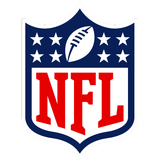
Get more from National Football League Follow your favorites to get information about games, news and more




